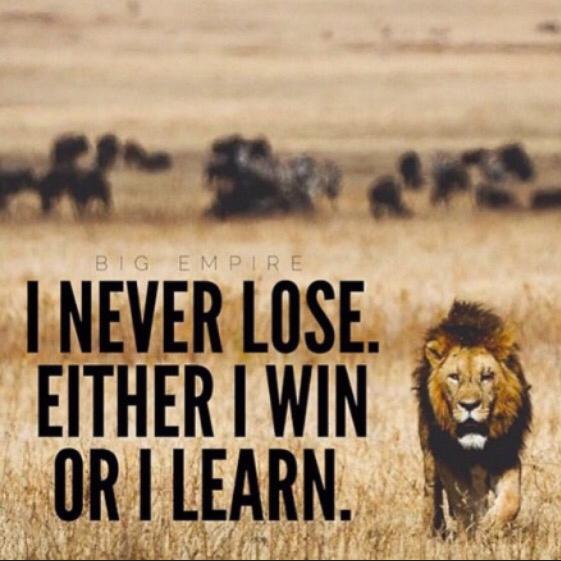Much of successful trading has to do with having the discipline, the willpower, to follow the trading plan. And much of a good trading plan goes counter to a human’s natural reactions to the market. Hence the greater your willpower, i.e. the better you are able to have self-control or self-regulation, the better your trading.
Below are some key points from the article and Roy Baumeister’s YouTube videos, and my thoughts on how they apply to trading.
The Nature of Willpower
- Willpower is a limited resource that gets depleted when you use it.
- I typically find that my trading at the early part of the session is good. I would follow my trading plan well and profits usually follows. However towards the later part of the morning, I start to make mistakes and go counter to my trading plan, that’s when my results suffer.
- Be aware of when you have run out of juice. I find that once I start make a few consecutive trades that violate my trading plan, I recognize that my willpower has been depleted, I am not making good decisions, so I go take a break, or stop trading for the day entirely.
- Some traders recommend not trading for more than 3 hours a day. Yes you may miss a run away market after you stop trading, but recall your experiences when the market trended very well the entire day but yet you lost money. To extract money from the marketsrequires willpower to make the right trading decisions. When you are not able to follow your trading plan, the probabilities favor you giving money to the markets instead, regardless of the market situation.
- When your willpower is depleted, you feel your emotions more intensely (more…)


 Ambitious
Ambitious